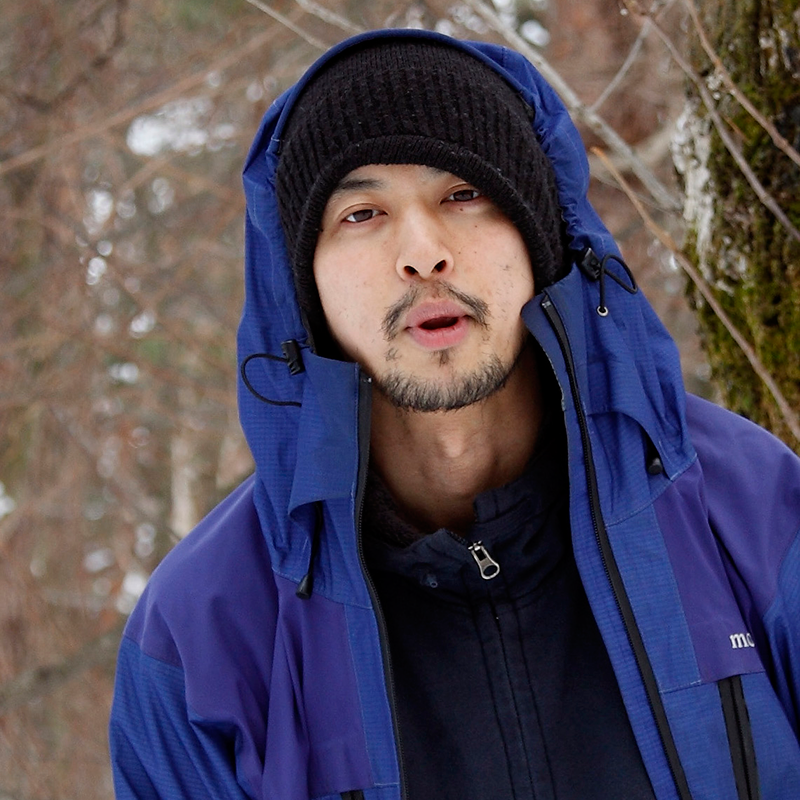
Latest Topic
(简体字) 试着一点点解开乱麻
2014/07/18
(简体字) r:ead基本上没有展示会场,这个活动本身其实也并不需要给人们展示自己的作品。这对于艺术家来说,相当于没有“必须要做出一件作品给别人看”的强制性要求,这给我们各自进行自己的实验提供了一个空间,是一个非常有趣的企划。(虽然强制性要求也确实可以催化某些作品的诞生)
通常,留宿在外的这种驻地创作一般会先决定好一个题目,然后花几个月,甚至几年的时间,在当地做研究、实地考察,进而了解这片土地或者场所的特征,最后将作品也展示在当地。如果在短期内要求完成作品的话,就便会结合自己熟悉的创作手法去创作。而r:ead既包含了为寻找共同题目的小旅行,也可以自己企划旅行活动。只是短短四周的时间如流飞逝。大家进行对话的场所是一个类似于教室一样的房间。我们聚在一起的时间,大都在这个教室里度过。说不出是好是坏,每走进这个教室,我总会忘记这里是日本,是东京。教室的桌子被围成圆形,就像一个小型的中日韩台峰会。
(简体字) 消失与流传 / 事物与传说
2014/02/16
(简体字) 【过去发生的一切是怎样被人们记载并流传下来的?对这些事物的存在及表现形式、意义的改观,进而探讨如何对那段被封存着的历史进行开封及体验。】
我最近常想,以上内容正是我在最近10年中的主要研究课题。创作方法主要采用了拍摄相片及采访等。由于对目前既存的关系非常感兴趣,因此采取的方式尽量并非自行制作,而是进行彻底的收集及撰写。其中融合了跨越悠长历史的大传说以及零散的小故事。而这次的READ中,我将采取纪录片的形式,设想“自行添加何物”再着手进行调查研究。
长达一周与中国韩国台湾的艺术家、策展人、留学生及翻译等的交流,是一个非常有意义的过程。此次活动与我同组的策展人服部浩之由于这一周一直在泰国曼谷策展,所以无法与我以及作为助手的熊仓晴子直接会面,但是我们三人每天通过邮件往来进行联系,交流着彼此的想法及创意。
Motoyuki Shitamichi
Japan
Graduated from Musashino Art University’s Department of Painting in 2001, followed by postgraduate studies at the Tokyo College of Photography until 2003. Shitamichi is now known for publications based on fieldwork. For instance, during a four year period, he traveled around Japan, surveying and photographing the remains of gun emplacements, fighter hangars, and other military structures, publishing his work as Bunkers series (2001-2005). He has also photographed Japanese shrine gates remaining in America, Taiwan, Russia, Korea, and other locations from Japanese colonial days, publishing his work as the well-known Torii series (2006-2012).
His works neither document scenes, nor archive historical facts. Instead, they concern stories that had been largely forgotten, buried by our everyday lives and concerns, or everyday things that are so insignificant that they never reach our subconscious. Shitamichi captures them through methods such as photography, events, and interviews, edits them to give them a tangible existence, and presents (re-presents) them as events that are still relevant to us today. In 2012, Shitamachi won the Gwangju Biennale Noon Award for emerging artists.